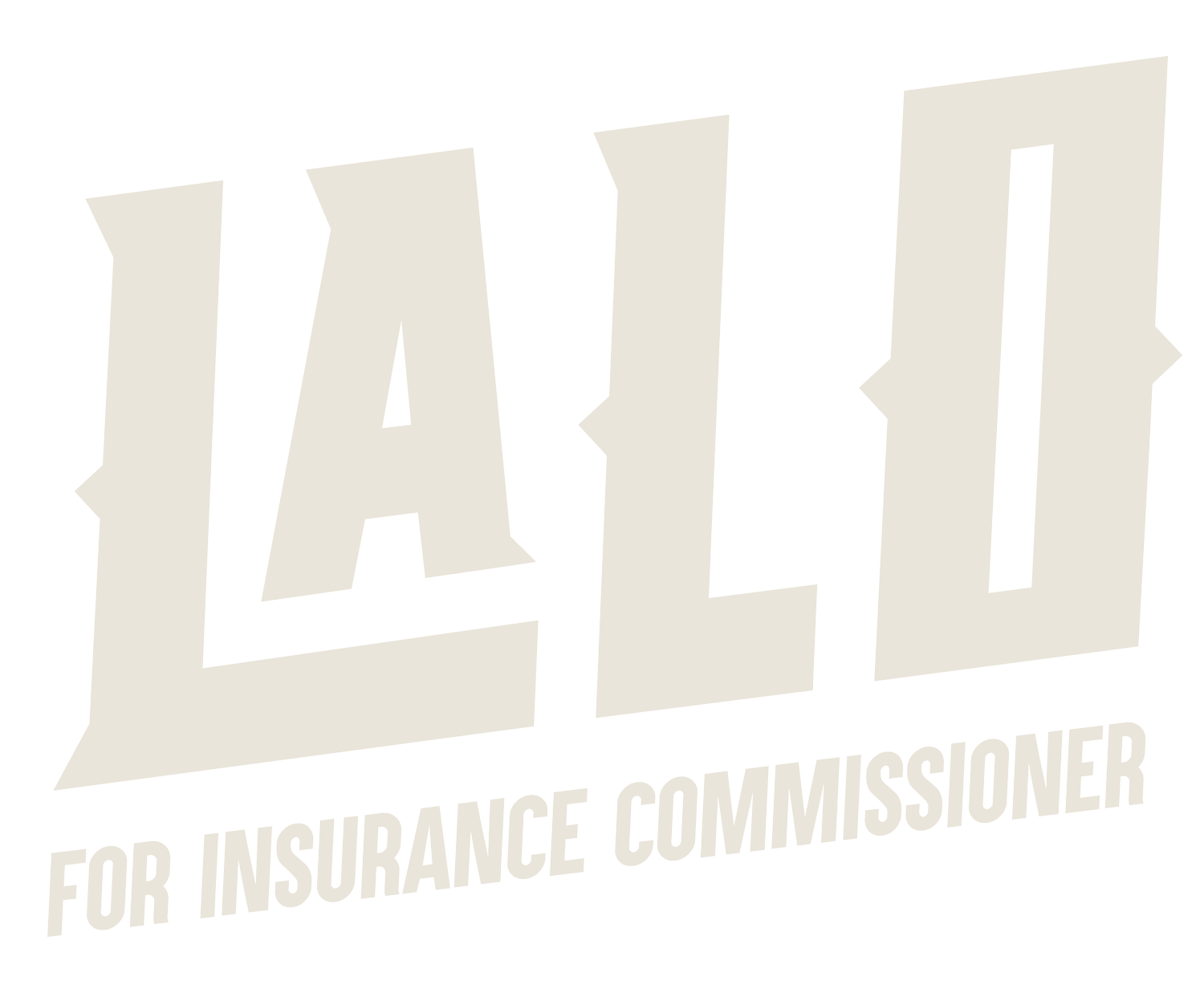State Farms predatory rate hikes:
Why Should the Working Class Pay the Bill for Climate Catastrophe?
In June 2025 State Farm, the largest insurer in California, was allowed to raise its rates an average 17% for homeowners, 15% for renters, and 38% for rental dwellings. State Farm says it must raise rates to offset the financial distress the company is supposedly experiencing as a result of its customers filing $7 billion in claims after Los Angeles’s devastating wildfires.
This most recent rate hike is in addition to another request made by State Farm last year to raise rates for homeowners by 30% and 41.8% for renters. That request is still pending and regulators will hear State Farms full arguments for these increases later this year.
Each of these rate hikes are part of a larger strategy by insurance companies to boycott California until they are allowed to raise their rates and incorporate the risks of climate catastrophe fully into their pricing. In 2023, State Farm announced that they would not write any new policies in California citing the increased risk of wildfires and extreme weather events due to climate change. A year earlier Allstate did the same and other insurance companies have been canceling policies across the country due to rising “catastrophe exposure”.
Insurance Commissioners Deal is Bad for Workers, Good For Insurers
In exchange for opening up business back in California, insurance companies are asking regulators to let them pass off the cost of the climate crisis onto the working class and charge consumers excessively high rates. When this recent emergency rate hike was first requested by State Farm in February it initially included a 22% rate hike for homeowners. The request was made to California's chief insurance regulator, the Insurance Commissioner Ricardo Lara who eventually brokered an agreement between California’s Department of Insurance (CDI) and State Farm allowing for a rate increase to go ahead under certain conditions.
Part of Lara’s deal with State Farm, which was approved by a Judge in May, was to lower the proposed 22% rate hike for homeowners down to the current 17%. State Farm also “promised” to halt, at least until the end of the year, the non-renewal of policies in the state and to get a $400 million surplus note from its parent company State Farm Mutual to aid its solvency problem.
According to State Farm Mutual's 2024 statements, it has over $145 billion in surplus, yet regulators were only able to secure about one third of one percent of this surplus to aid State Farms solvency problem. In a previous instance, when a Texas affiliate of State Farm Mutual fell on hard times it received a cash transfusion of over $1 billion from the parent company and the affiliate did not need to excessively raise rates.
At the heart of this deal is the belief that consumers are responsible for bailing out State Farm, not its parent company nor any of the corporations responsible for the climate crisis. Consumers do not not have any say in the internal business practices, financial decisions, and pricing strategies for any of the major insurance companies. Consumers do not get to decide what these companies do with their investments or how much their executives get paid. Yet when these corporations fall on hard times they feel that it is their right to force the entire working class to pay their bills. The culpability for any financial distress should fall on State farm and its parent company, not consumers.
It is also important to note that the habits of the average consumer have not seriously contributed to increased wildfire risk and climate catastrophes in California, but the business practices of the energy corporations have. If someone had to be held responsible and pay up to fix California's insurance crisis, it should be those who have contributed the most to California's recent climate catastrophes - the corporations and executives in the energy and fossil field industry, not the average consumer.
This deal also rewards State Farm for engaging in predatory behavior. Countless fire survivors from the recent Eaton and Palisades fires have reported that State Farm has either denied or delayed their claims. To approve a rate hike without first fully investigating and holding State farm accountable for ignoring claims sets a terrible precedent for the industry. This deal, a first of its kind, shows that as the climate crisis worsens, regulators in California are planning to give in to the demands of the private insurance industry without a serious fight.
CA Department of Insurance Needs Socialist Leadership
This outcome makes sense if you consider that the position of Insurance Commissioner has historically been a performative role in California’s politics, with career politicians often using the role more as launching pad for careers in statewide politics instead of a tool to actually hold the insurance industry accountable. Ricardo Lara is a great example of this. While in office Lara has given a green light for insurers to run havoc in California and as a reward he is looking to get a promotion in 2026 to Lieutenant Governor. Despite promising to refuse donations from insurance companies, it was discovered that he received over $50,000 in contributions from people linked to the industry in his last run for office. In California it is not illegal for those running for Insurance Commissioner to receive contributions from the insurance industry.
With the insurance and climate crisis worsening it will be imperative that those running California's Department of Insurance embody a fighting orientation towards the private insurance industry. In 2026 we need to elect an Insurance Commissioner who's willing to fight tooth and nail to end the stranglehold that the insurance industry has over the working class, to investigate and hold corporate executives accountable for their crimes against consumers and to fight for a California that provides free and high quality coverage for all.
